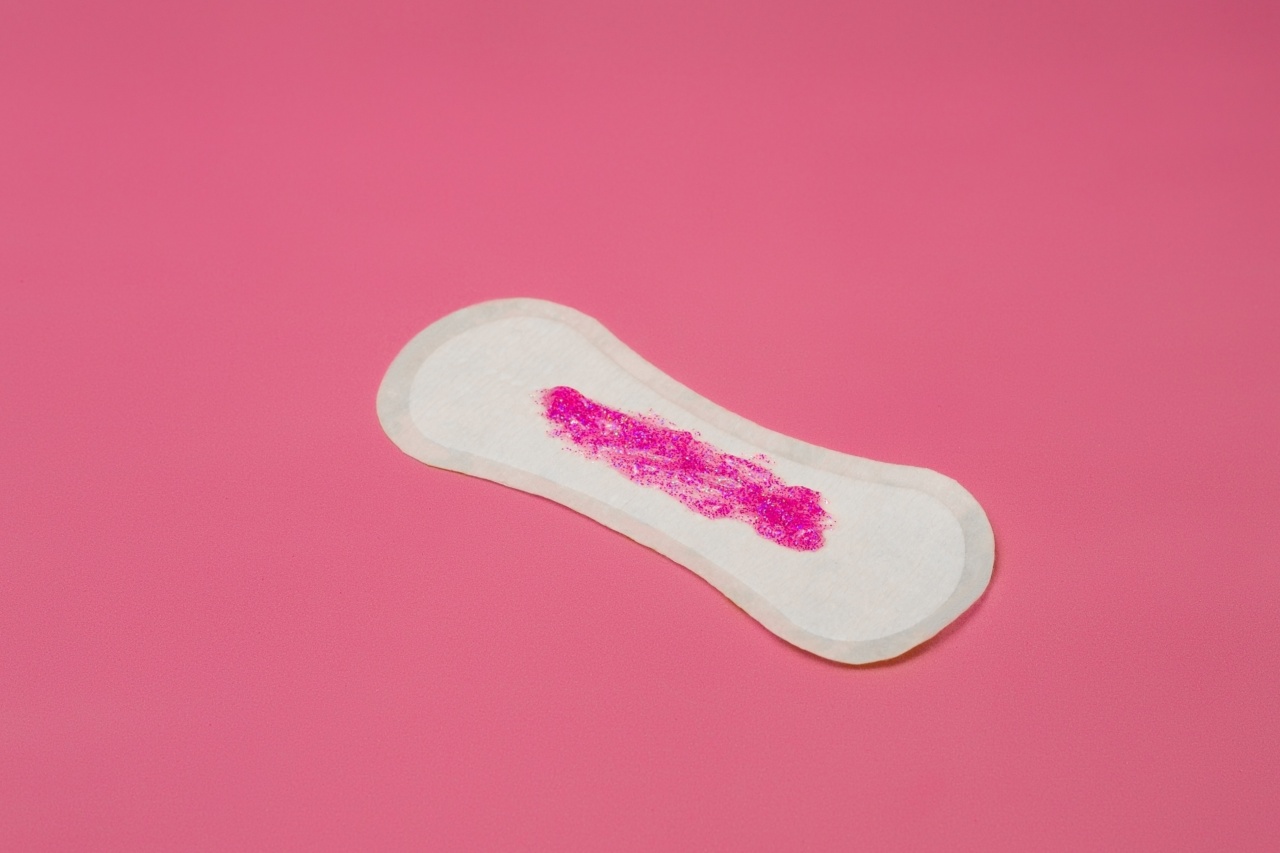High blood pressure can be a major threat to your health as it increases your risk of heart diseases, kidney failure, and stroke. However, with the right daily routine, one can manage their blood pressure and keep it at a healthy level.
In this article, we discuss some daily habits that can help you take control of your blood pressure.
Exercise Regularly
Regular exercise can significantly reduce your blood pressure levels. According to research, 30 minutes of moderate-intensity exercise like brisk walking, swimming, or cycling can lower your blood pressure by 4-9 mm Hg.
Moreover, maintaining a healthy weight can also help in the management of blood pressure.
Eat a Balanced Diet
Adopting a diet rich in fruits, vegetables, and whole grains can lower your blood pressure. In particular, a diet rich in potassium can help reduce the effects of sodium on blood pressure.
Foods high in potassium include bananas, sweet potatoes, spinach, and oranges. Additionally, limit your intake of processed foods, saturated fats, and sugar-sweetened beverages.
Manage Stress Levels
Stress is a major contributor to high blood pressure. Practicing relaxation techniques like deep breathing, meditation, or yoga can help in stress management and also lower your blood pressure.
Other ways to manage stress include spending time with loved ones, engaging in hobbies, or seeking professional counseling.
Avoid Alcohol and Tobacco
Excessive intake of alcohol can increase blood pressure. Additionally, smoking causes the blood vessels to narrow, which puts pressure on the heart to pump blood. Quitting smoking and limiting alcohol intake are essential in managing blood pressure.
Get Enough Sleep
Getting adequate sleep is essential for a healthy blood pressure. Lack of sleep can trigger hormone imbalances, causing a spike in blood pressure. Adults should aim for 7-8 hours of sleep per day.
Moreover, maintaining a regular sleep schedule can improve the quality of sleep and thereby lower blood pressure levels.
Monitor Blood Pressure Regularly
Regular monitoring of your blood pressure levels is essential in identifying any changes and making necessary adjustments to your daily routine.
Blood pressure monitoring can be done using a home blood pressure monitor, which can be purchased at a pharmacy or online. Consult your doctor to determine the appropriate monitoring schedule.
Limit Sodium Intake
Sodium is a major contributor to high blood pressure. Therefore, limiting the intake of sodium is essential in managing blood pressure. The American Heart Association recommends that adults consume less than 2,300 mg of sodium per day.
Foods high in sodium include canned foods, processed foods, and fast foods. Opt for fresh foods and prepare your meals at home using herbs and spices instead of salt for flavoring.
Take Medications as Prescribed
In some cases, medications may be necessary to manage blood pressure levels. It is essential to take the prescribed medications as directed, even if you feel better.
Consult your doctor if you experience any side effects or have concerns about your medications.
Stay hydrated
Drinking adequate amounts of water can help lower blood pressure by diluting sodium in the blood. Drinking six to eight glasses of water per day is recommended for adults.
Conclusion
High blood pressure can be effectively managed with the right daily routine.
Regular exercise, a balanced diet, stress management, avoiding tobacco and alcohol, adequate sleep, regular blood pressure monitoring, limiting sodium intakes, taking medication as prescribed, and staying hydrated can all help in managing blood pressure levels. Make some changes to your daily routine and take control of your blood pressure.































